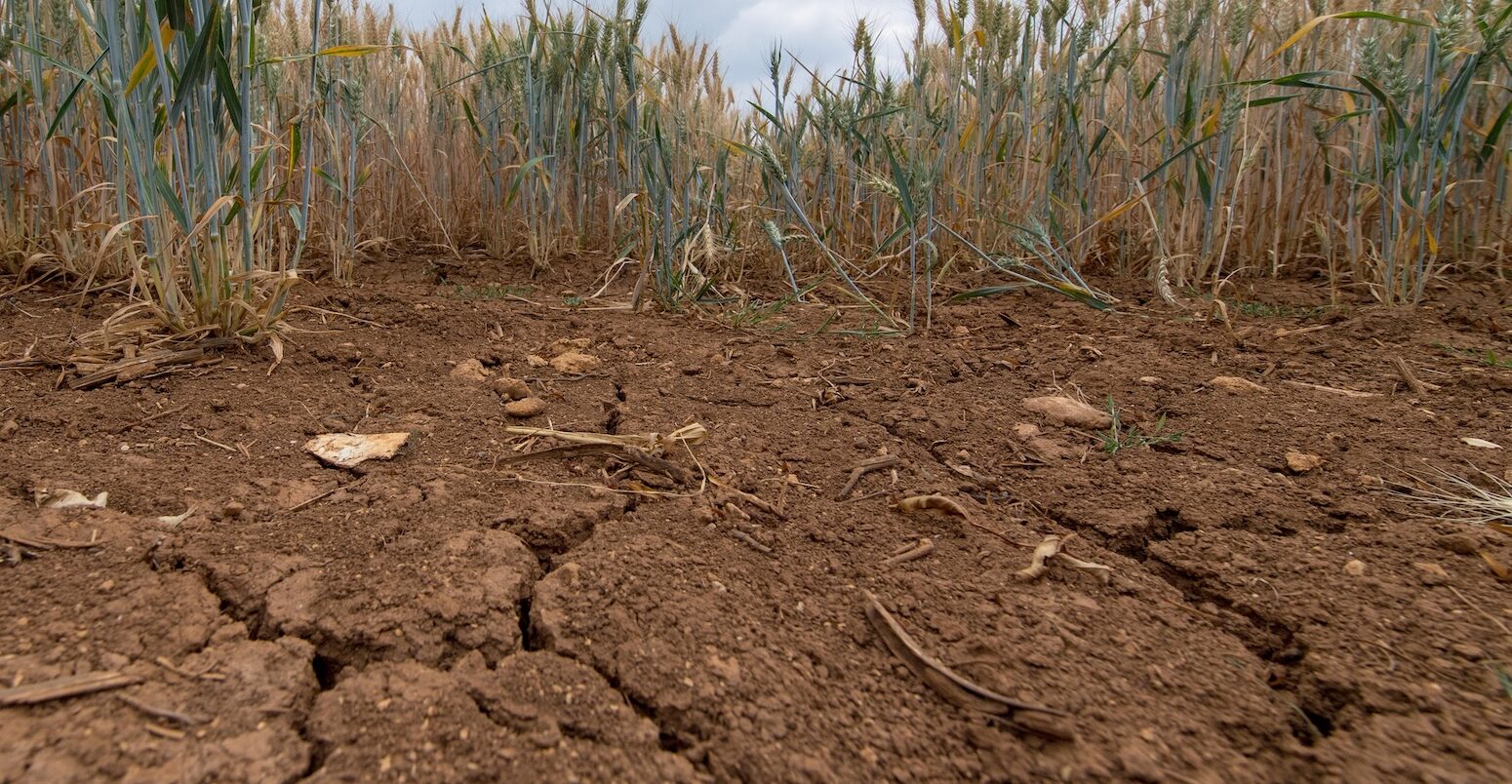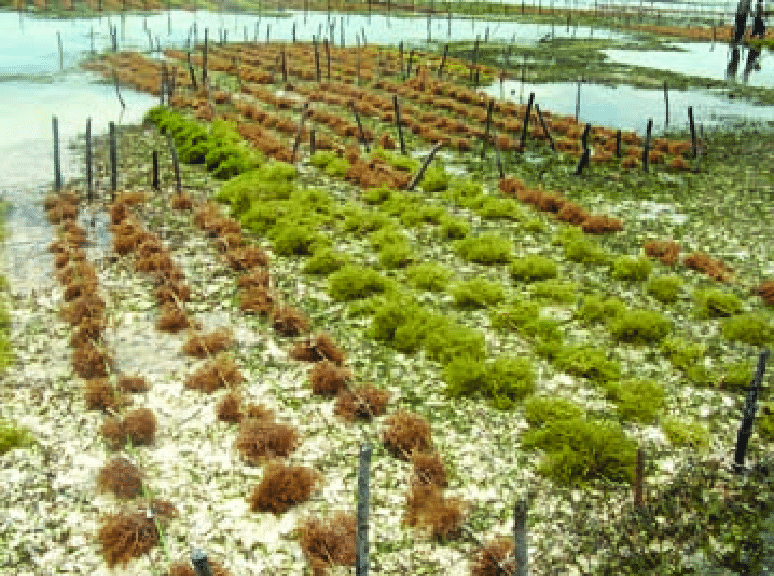Protectionist policies are exacerbating inflation, according to Sunny Verghese, CEO of Olam Agri, one of the world’s largest agricultural commodity traders. Verghese argues that government-imposed trade barriers, aimed at securing domestic food supplies, have significantly contributed to the rising food prices globally.
In his speech at the Redburn Atlantic and Rothschild consumer conference, Verghese explained that such protectionist measures create an artificial imbalance between supply and demand. For instance, in 2022 alone, 154 countries imposed 1,266 non-tariff trade barriers as a reaction to the geopolitical instability caused by Russia’s invasion of Ukraine. These measures disrupted global trade flows and inflated food prices.
Wealthier nations, in their bid to safeguard food security, have built up large buffer stocks of strategic commodities. This stockpiling has driven up global demand and prices, worsening the situation for poorer countries struggling with food insecurity. Verghese cited examples of countries like India and China, which have accumulated substantial reserves, thereby distorting the market dynamics.
Additionally, protectionist policies have been triggered by climate change-related disruptions in agricultural production. For example, Indonesia’s ban on palm oil exports and India’s restrictions on rice exports were attempts to control domestic prices and ensure local availability amid production volatility caused by climate events. However, these actions have had a counterproductive effect on global food prices and availability.
The aftermath of the Covid-19 pandemic and the ongoing conflict in Ukraine have already strained global food supplies. Protectionist policies further intensify these strains by limiting the free flow of agricultural commodities. This creates a ripple effect, leading to higher food prices worldwide, contributing to the cost of living crises in many regions.
Verghese emphasized that such protectionist approaches are counterproductive. Instead of stabilizing food prices, they lead to greater volatility and higher inflation. He warned that as geopolitical tensions and climate change continue to affect agricultural production, more countries might resort to protectionism, which could exacerbate the global food crisis.
Olam Agri, with its extensive operations in grains, oilseeds, rice, and cotton, has experienced firsthand the impacts of these market disruptions. The company, part of the larger Olam Group, has faced financial challenges, including a significant drop in profits due to high interest rates and poor agricultural yields. Despite these difficulties, Olam continues to stress the importance of open and fair trade to mitigate the adverse effects of protectionist policies on global food security and inflation.
The world is headed for “food wars” as geopolitical tensions and climate change push countries into conflict over dwindling supplies, according to Sunny Verghese, CEO of Olam Agri, one of the world’s largest agricultural commodity traders.
At the Redburn Atlantic and Rothschild consumer conference, Verghese highlighted that trade barriers imposed by governments to protect domestic food stocks have significantly exacerbated food inflation. He noted that while big agricultural commodity traders were accused of worsening food price inflation through profit-boosting mark-ups, the more significant cause was government interventions. In 2022 alone, 154 countries imposed 1,266 non-tariff trade barriers in response to the war in Ukraine, creating a severe imbalance in demand and supply.
Wealthier countries are stockpiling strategic commodities, inflating demand and prices, Verghese said. This trend has intensified global food security issues, particularly in poorer countries, following the supply disruptions caused by the Covid-19 pandemic and the Russia-Ukraine conflict. Climate change further exacerbates the problem by hampering global agricultural production, leading governments to adopt protectionist policies. For instance, Indonesia banned palm oil exports, and India imposed export restrictions on rice to manage domestic prices and supply fears.
Olam Agri, a key player in processing and supplying grains, oilseeds, rice, and cotton, has faced challenges including investigations and a significant drop in profits. Despite clearing accusations of fraud in Nigeria, Olam Group issued a profit warning for the first half of 2023, citing high interest rates and poor yields from its almond orchards in Australia as major factors for a 56% drop in full-year profits.
For more details, visit FT.com. Please use the sharing tools found via the share button at the top or side of articles. Copying articles to share with others breaches FT.com T&Cs and Copyright Policy. Email licensing@ft.com to buy additional rights. Subscribers may share up to 10 or 20 articles per month using the gift article service. More information can be found at https://www.ft.com/tour.




